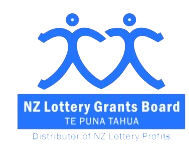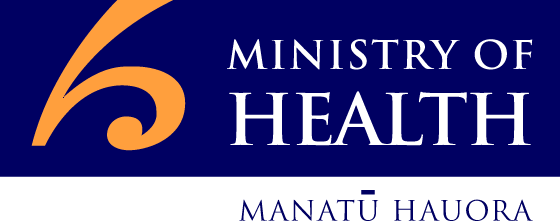Bedwetting - Enuresis
 At age 5 years, 15% of children are wet at night, but this number drops to 5% by 10 years and 1% by 15 years. It occurs more often in males than females .
At age 5 years, 15% of children are wet at night, but this number drops to 5% by 10 years and 1% by 15 years. It occurs more often in males than females .
There are the obvious costs of added laundry and cleaning. There is also the social cost to the child and family related to difficulties in spending the night away from home.
Moreover, persistent enuresis can give parents feelings of frustration and anger as well as helplessness, anxiety, guilt or loss of confidence in their own parenting abilities . It can trigger or contribute to conflicts within the family and whānau adding stress to even the most healthy of relationships.
However help and support is available for children and their families who are affected by this problem. Careful assessment and education as well as the development of a programme to meet the needs of the individual child and family should be sought. Programmes may involve reinforcement schedules, bed alarm devices and medication. There has been much recent study looking at more effective ways of managing enuresis and its consequences.
The first port of call is probably the family doctor or community health nurse. Child Health Services at the local hospital can also provide information on local resources. There may be a continence advisor at the local hospital. It is important for affected families to realise that they are not alone and discrete support is available. The New Zealand Continence Association can provide contacts and educational resources.
Bedwetting (enuresis) is common and has many effects on the child (and occasional adult) and family which can be underestimated.
Freephone 0800 650 659
Dr B Tsang MBChB FRACP
Paediatrician




